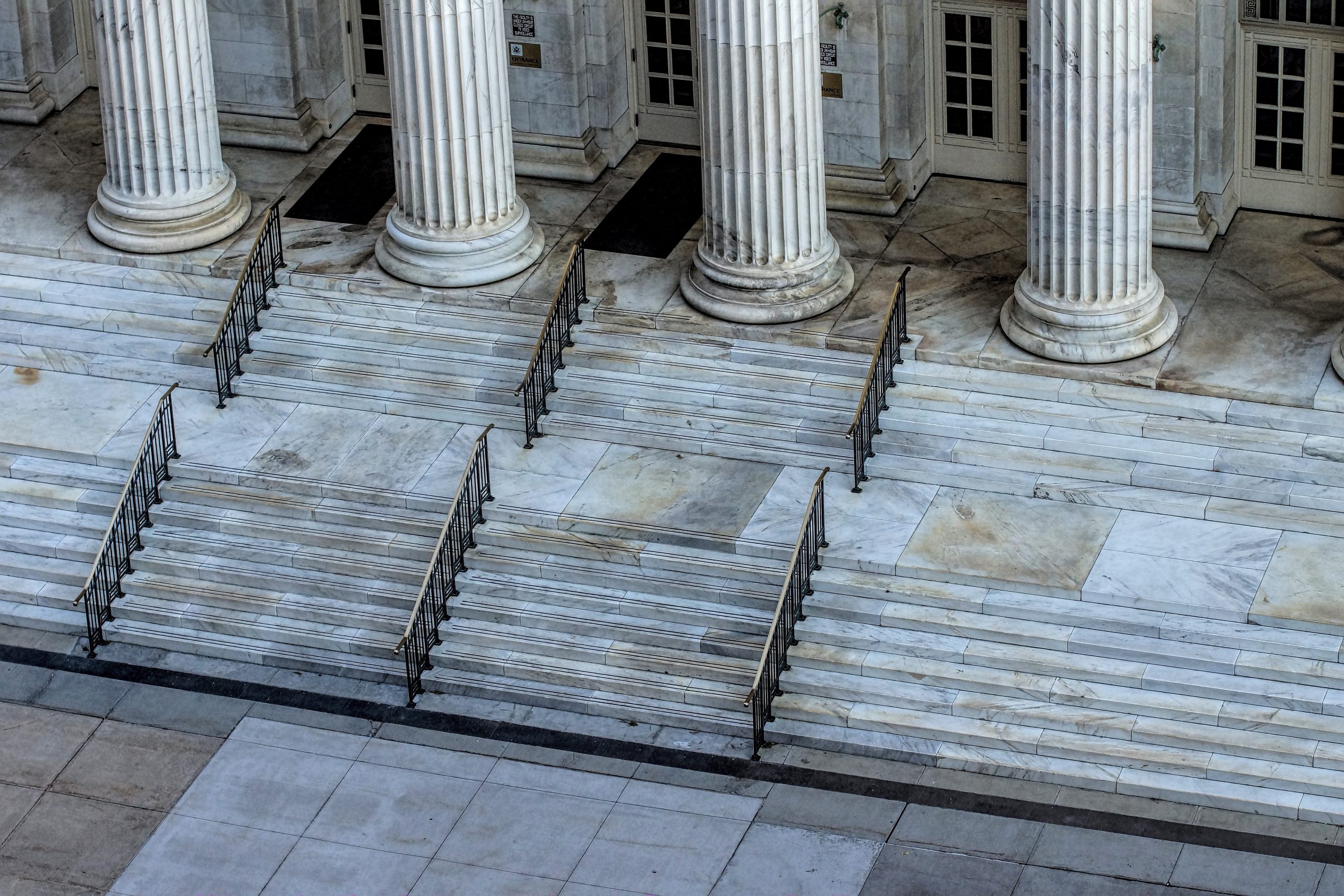 Allocating damages in a wrongful death case is challenging because putting a price on a life is hard. Therefore, if a family in a wrongful death case feels the jury abused its discretion in calculating that monetary value, then the family can resort to a motion for JNOV to try and correct the decision. However, this is a rigorous standard, and a recent case out of Baton Rouge outlines how a court reviews these motions.
Allocating damages in a wrongful death case is challenging because putting a price on a life is hard. Therefore, if a family in a wrongful death case feels the jury abused its discretion in calculating that monetary value, then the family can resort to a motion for JNOV to try and correct the decision. However, this is a rigorous standard, and a recent case out of Baton Rouge outlines how a court reviews these motions.
Noha Salama was visiting family in Louisiana from her home in Israel. Her nephew picked her up from the airport in New Orleans, and the two drove down Interstate 10 toward Baton Rouge. The nephew exited the highway at Louisiana Highway 44/Burnside Drive in Gonzales and stopped at the stop sign at the end of the exit ramp. In an attempt to re-enter the interstate, the nephew drove the vehicle across the four-lane highway and failed to stop at the median, which divided the north and southbound lanes. Once the vehicle crossed over the median, it was broadsided by two cars going south. Salama, who was in the front passenger seat, died at the accident scene.
Salama’s husband and five children filed a wrongful death action against her nephew, his insurer, the drivers of the two southbound vehicles, their insurers, and the DOTD. The family settled with all of the defendants except for the DOTD, and their case against the DOTD proceeded to a jury trial. The family alleged the DOTD, which had control over the intersection, was at fault for the accident for treating the Highway 44 exit and entrance ramps as a single intersection rather than two separate intersections.
 Insurance Dispute Lawyer Blog
Insurance Dispute Lawyer Blog


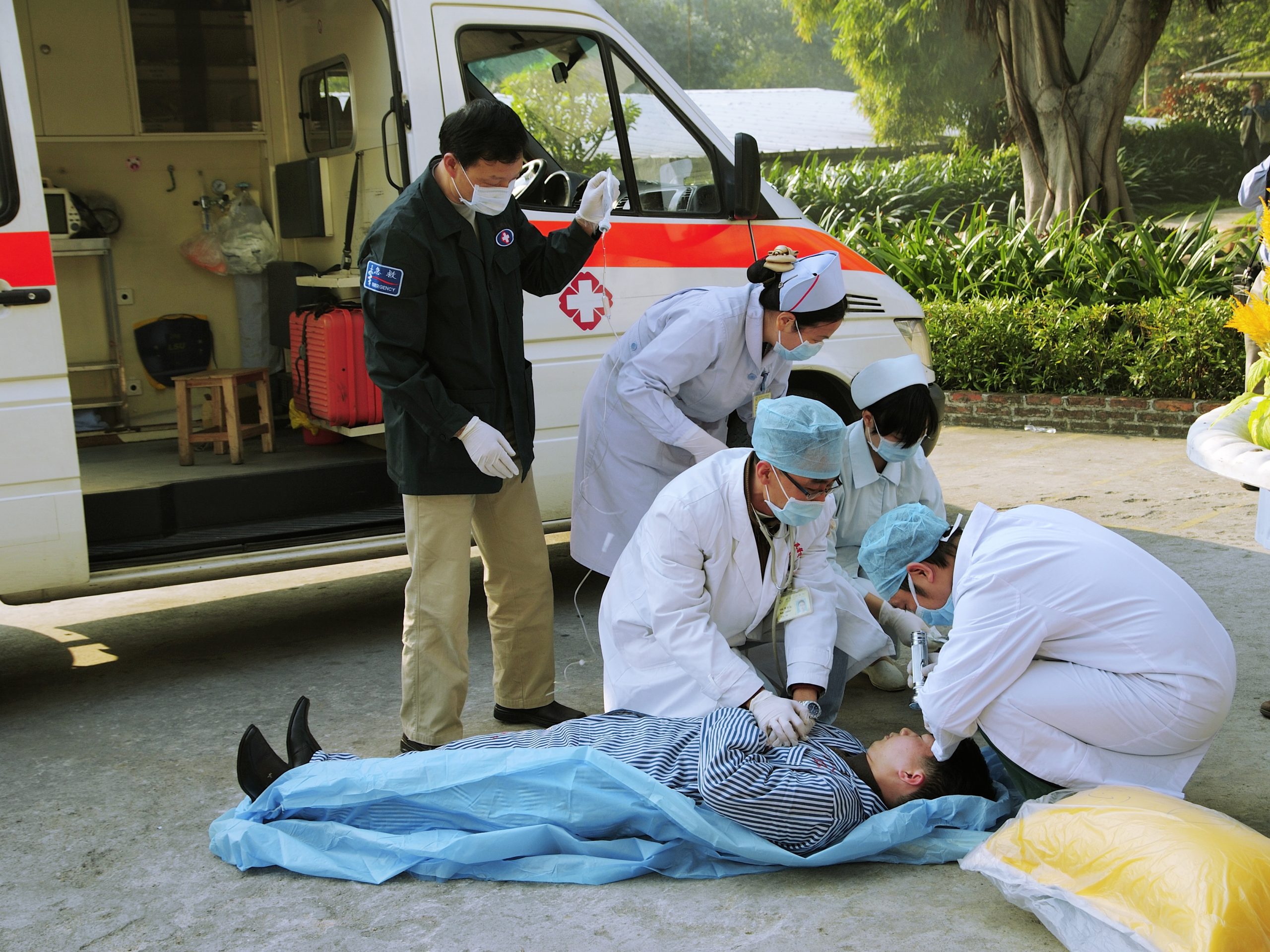 Medical malpractice claims are brought when a patient is a victim of negligence at the hands of their physician. Due to the nature of this category of claims, stories of medical malpractice are often horror stories showcasing worst-case scenarios. Even further, the most intense medical malpractice claims result in the death of the patient. Understandably, the patient’s family may seek to find responsibility for the death of their loved one. In the following lawsuit, a family fails to show the legal requirements to bring a medical malpractice claim after their family member died during surgery.
Medical malpractice claims are brought when a patient is a victim of negligence at the hands of their physician. Due to the nature of this category of claims, stories of medical malpractice are often horror stories showcasing worst-case scenarios. Even further, the most intense medical malpractice claims result in the death of the patient. Understandably, the patient’s family may seek to find responsibility for the death of their loved one. In the following lawsuit, a family fails to show the legal requirements to bring a medical malpractice claim after their family member died during surgery. 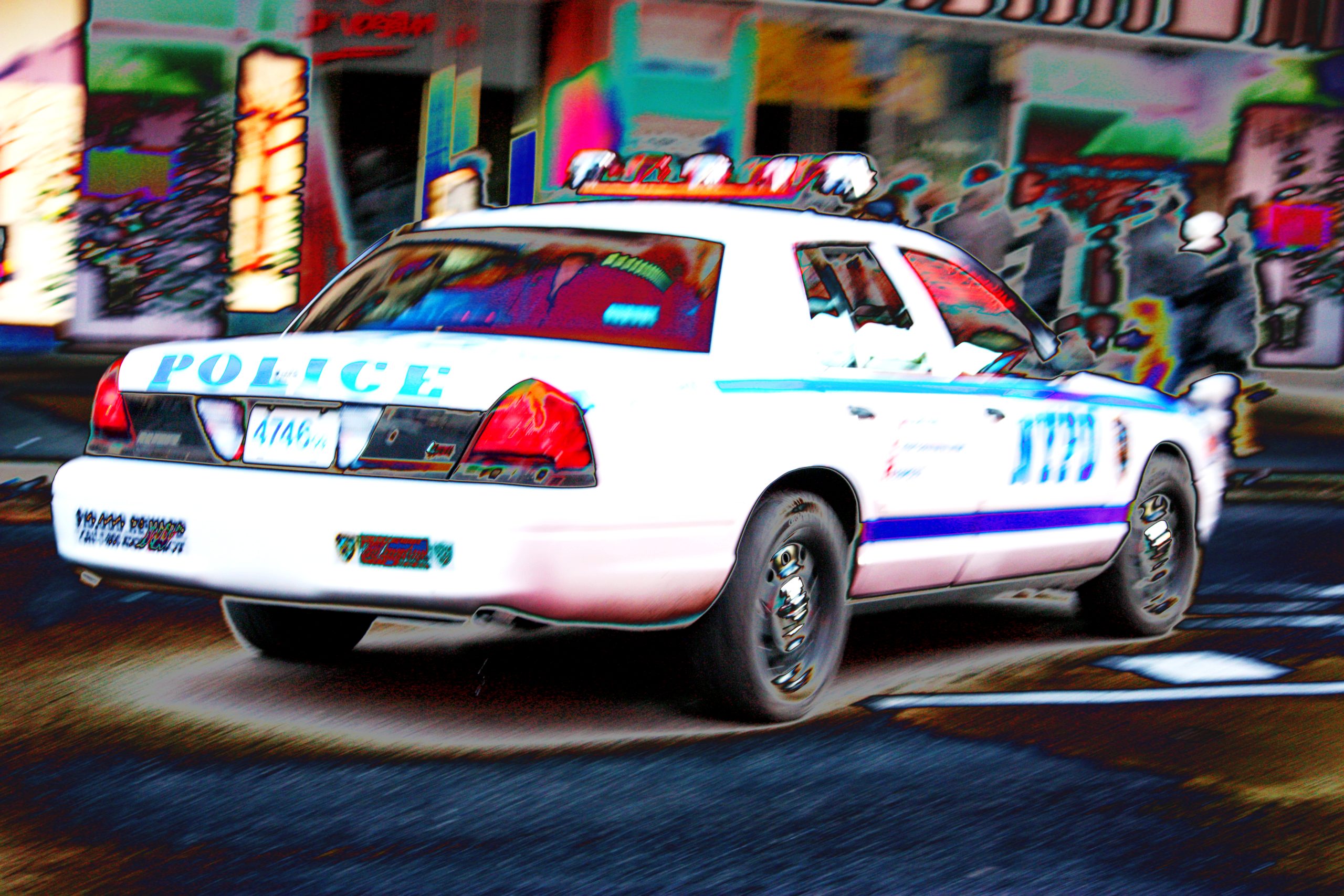 Police 0fficers are public servants responsible to the taxpayers and their profession. When an officer violates the rules of the
Police 0fficers are public servants responsible to the taxpayers and their profession. When an officer violates the rules of the  Personal injury lawsuits can be complicated, especially when they involve injuries sustained while shopping. Mary Mason found herself in this situation at a Burlington store in Lafayette, Louisiana, when a chair collapsed as she sat on it, causing her to fall and sustain injuries. Despite suing Burlington and claiming negligence, her case was dismissed due to a lack of evidence. This case highlights the importance of having experienced legal counsel to guide you through the lawsuit process. It also answers the question, what is Res Ipsa Loquitor?
Personal injury lawsuits can be complicated, especially when they involve injuries sustained while shopping. Mary Mason found herself in this situation at a Burlington store in Lafayette, Louisiana, when a chair collapsed as she sat on it, causing her to fall and sustain injuries. Despite suing Burlington and claiming negligence, her case was dismissed due to a lack of evidence. This case highlights the importance of having experienced legal counsel to guide you through the lawsuit process. It also answers the question, what is Res Ipsa Loquitor? Parties in conflict often prefer out-of-court dispute resolution. Although these agreements made outside the courtroom are appealing, they come with their slew of issues and may require a courtroom to enforce an out-of-court solution. When a deal outside the courtroom requires a court to intervene, how does that court decide whether to enforce the settlement agreement? And in the era of virtual communication and remote dispute resolution, how can a court decide when virtually made agreements are enforceable and binding on the parties?
Parties in conflict often prefer out-of-court dispute resolution. Although these agreements made outside the courtroom are appealing, they come with their slew of issues and may require a courtroom to enforce an out-of-court solution. When a deal outside the courtroom requires a court to intervene, how does that court decide whether to enforce the settlement agreement? And in the era of virtual communication and remote dispute resolution, how can a court decide when virtually made agreements are enforceable and binding on the parties?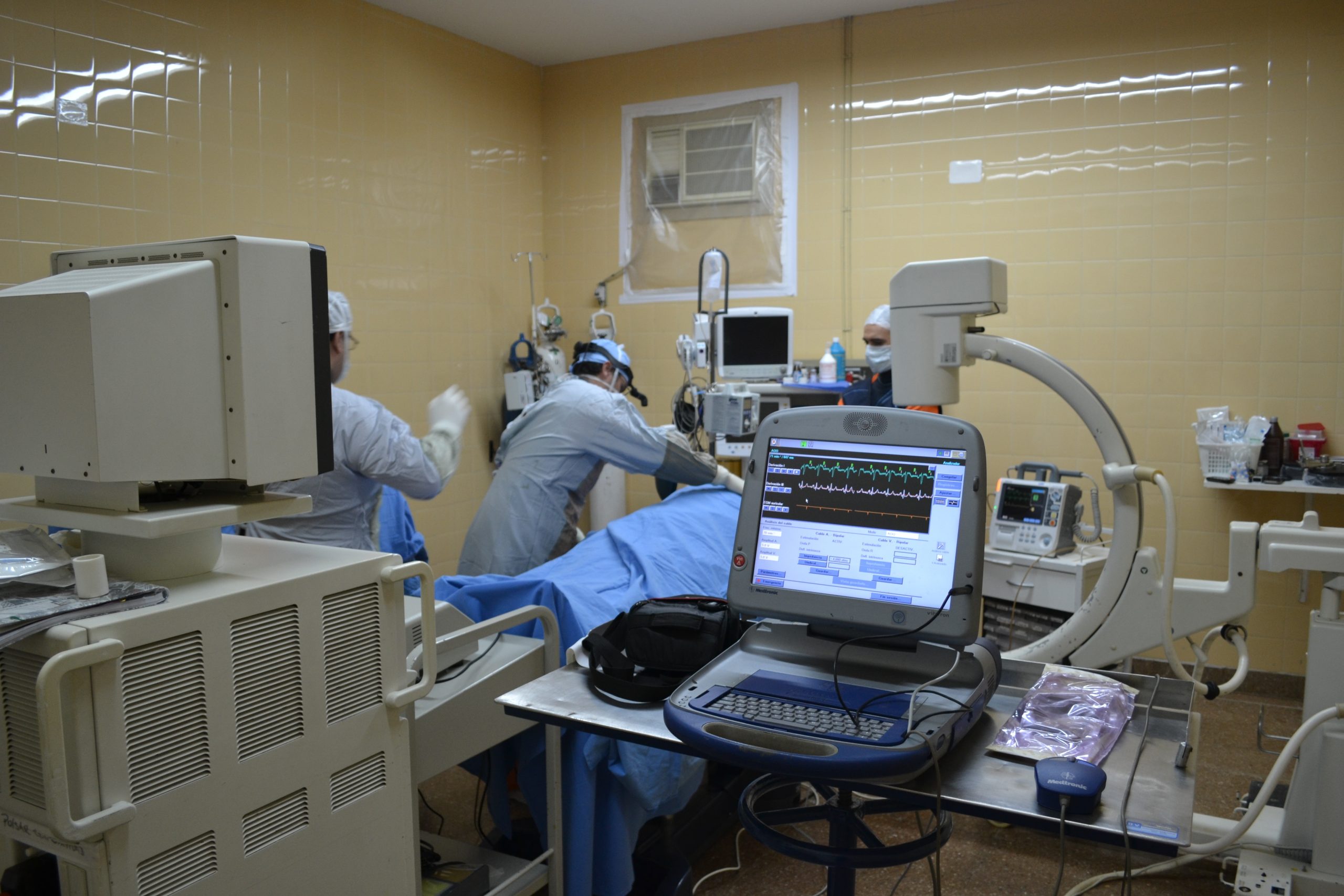 While much maligned in the popular consciousness, medical malpractice lawsuits serve a vital function in protecting patients’ rights when accessing healthcare. In Louisiana, a successful medical malpractice lawsuit must show the physician being sued had a standard of care for their patient, the physician violated this standard of care, and there was a connection between this violation and the injury suffered by the patient.
While much maligned in the popular consciousness, medical malpractice lawsuits serve a vital function in protecting patients’ rights when accessing healthcare. In Louisiana, a successful medical malpractice lawsuit must show the physician being sued had a standard of care for their patient, the physician violated this standard of care, and there was a connection between this violation and the injury suffered by the patient. The senior prom usually allows students to dress up and mingle with their classmates and chaperones. Often this is the last chance that some students will get to hang out with classmates before they graduate. Yet some students at
The senior prom usually allows students to dress up and mingle with their classmates and chaperones. Often this is the last chance that some students will get to hang out with classmates before they graduate. Yet some students at  You think that when you’re being taken care of by hospital personnel, you are in safe hands and do not have to fear for your safety. However, if you are injured when being moved from a hospital cart to your bed, can you claim negligence based on
You think that when you’re being taken care of by hospital personnel, you are in safe hands and do not have to fear for your safety. However, if you are injured when being moved from a hospital cart to your bed, can you claim negligence based on  When prison officials do nothing to fix a large hole that leaks onto the floor in a jail cell, could the inmate have a claim for cruel and unusual punishment? The Fifth Circuit Court of Appeals case answers no. Many instances of inmates complaining about mistreatment are not uncommon to hear about, but when do we draw the line from complaints to unusual punishment? The subsequent lawsuit helps us answer this question of Eighth Amendment rights violations.
When prison officials do nothing to fix a large hole that leaks onto the floor in a jail cell, could the inmate have a claim for cruel and unusual punishment? The Fifth Circuit Court of Appeals case answers no. Many instances of inmates complaining about mistreatment are not uncommon to hear about, but when do we draw the line from complaints to unusual punishment? The subsequent lawsuit helps us answer this question of Eighth Amendment rights violations.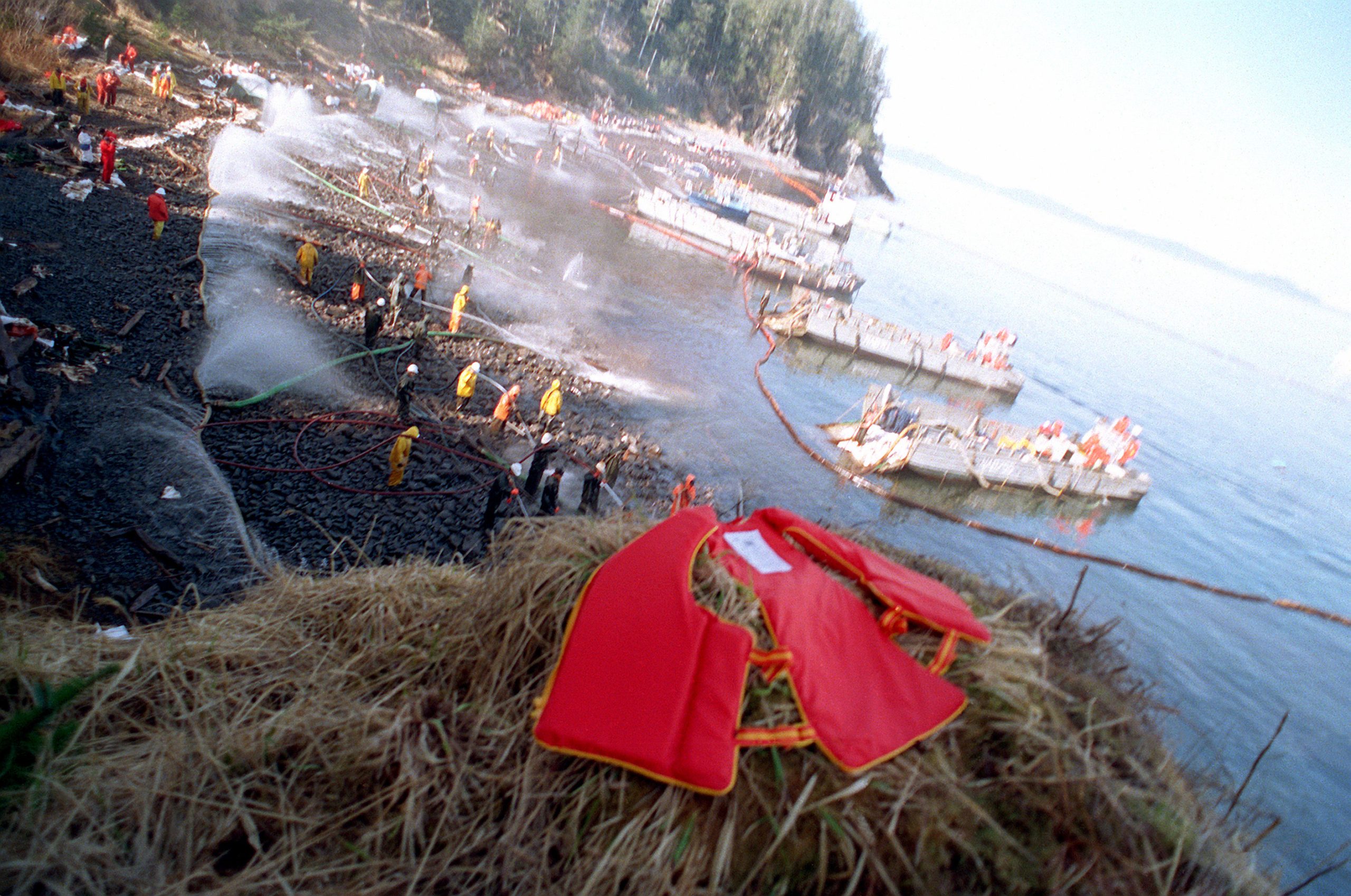 We have all read headlines about lawsuits filed against gas and energy companies by workers who have developed health problems at their facilities. But what happens when a plaintiff files a lawsuit which could be barred by a workers’ compensation act? Will the claim be able to withstand a peremptory exception? How does the plaintiff fight against such a motion?
We have all read headlines about lawsuits filed against gas and energy companies by workers who have developed health problems at their facilities. But what happens when a plaintiff files a lawsuit which could be barred by a workers’ compensation act? Will the claim be able to withstand a peremptory exception? How does the plaintiff fight against such a motion?